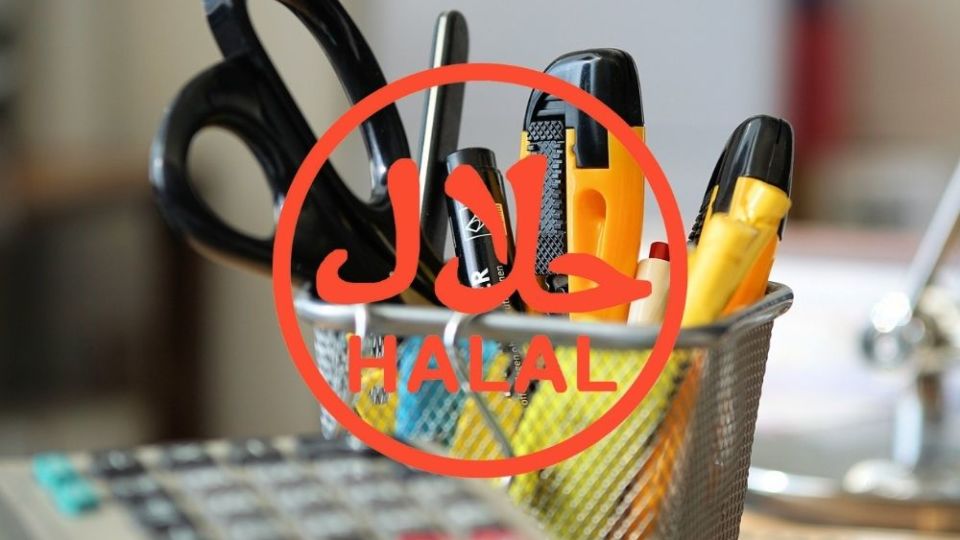Blessed be the paper on which you have printed this story (if, indeed, you printed this story, which we don’t actually recommend for obvious environmental reasons), for a new halal certification law in Indonesia mandates that it, along with other office supplies, drugs, and cosmetics, be given the halal stamp of approval.
In case you weren’t aware, the government in 2014 set up the Halal Product Guarantee Agency (BPJPH) to take over most of the halal certification process — i.e. determining what products are permissible for consumption or use by Muslims based on religious guidelines — from the Indonesian Ulema Council (MUI), which previously had sole authority over the matter.
Back then, it was optional for producers to obtain halal certification for their products from MUI (though the council has long been criticized for not being transparent about the money it gained from applicants), and it only made sense to do so to tap into Indonesia’s expansive Muslim market.
Armed with new and sweeping halal assurance legislation, in October 2019, BPJPH, which operates under the Religious Affairs Ministry, took over the halal certification process with MUI relegated to a consultancy role. In the first stage of the new halal system, all food and beverages distributed for consumption by Indonesia’s Muslims, as well as animal slaughter practices, must be halal-certified.
Yesterday, the second phase of the program came into effect, widely expanding the list of products to require halal certification to include, most notably, drugs (chemical and/or herbal) and cosmetics. Prayer mats and head coverings are also now on the list.
Curiously, products that make little sense to be halal certified were included in the list, including household appliances, stationery, and office supplies. Perhaps we shouldn’t be surprised given that MUI once infamously gave halal certification to a line of refrigerators.
The cynics among you may suspect cash grab, but the government has argued that all of this is necessary to ensure that no haram (forbidden for use or consumption by Muslims) elements or methods go into the making of the goods.
Furthermore, the government says it has also been working on ensuring an international halal standard for Indonesian products in order to streamline exports to other halal markets.




